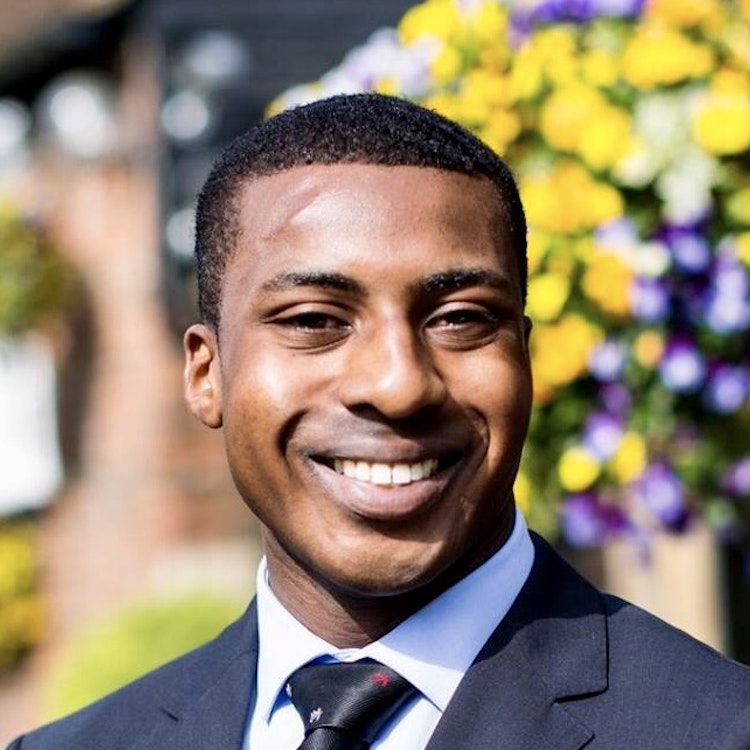Europe’s ‘venture diversity’ machine is out of control.
The proliferation of “solutions” — diversity funds, fund-of-funds, angel and scout programmes — that has emerged to support a more diverse ecosystem has actually put us even further behind.
Revisionist history
Many people in Europe will recognise the latest crop of ‘diversity leaders’ (many now blessed with MBEs), but few today will recognise Bernard Dallé, born to a Cameroonian father, raised in Morocco and who spent 24 years at Index starting in 1997.
This goes to show how many of the diversity initiatives out there rely on revisionist history to justify themselves, essentially claiming that before this initiative or this fund came into being, diversity didn’t exist in venture. I’ve directly experienced how true this is for racial diversity.
Black angels in angel programmes often can’t prove they got into the deals they got into because they’re great investors, and often say that the firm’s brand helped them get into deals — this is the opposite of building a direct, attributable track record. After participating in the Atomico angel programme — which has always put an emphasis on selecting diverse angels — I definitely felt when I was raising for my own VC fund that LPs and other investors were scrutinising my past deals. Did I get into them because of my Atomico association or my skill alone? It was as if my past investment experience — I’ve been investing since 2013 — didn’t exist.
If I wasn’t Black, would they have backed me?” "If I wasn’t Black, would this fund have hired me?
This raises an unsettling counterfactual in the minds of Black investors: 'If I wasn’t Black, would they have backed me?' 'If I wasn’t Black, would this fund have hired me?' If you’ve received funding or other support from any of these racialised programmes, you simply can’t go back in time and prove that you would have got the support without the initiative.
Deciding who’s Black and who’s not
Furthermore, diversity funds, fund-of-funds, angel and scout programmes all suffer from the same core flaw: they can’t consistently decide who’s Black and who’s not. They ultimately, although not necessarily intentionally, use truncated forms of colourism to make investment decisions.
Race is not real, it’s an invention. And there is no objective test for race. Funds or programmes with a diversity angle openly say that they don’t invest in all types of people, and usually they are drawing a line in the sand by colour and/or by blood/ancestry — entirely subjective measures. I’ve challenged dozens of diversity groups, funds and initiatives in the US and Europe on this in recent years, but no one can give me a suitable answer. Who constitutes a Black investor? Who constitutes a Black founder?
Many other measures of diversity — such as sexual orientation or socio-economic status — are just as subjective, and often even less recognised. The UK government’s Sewell Report told us in 2020 that ‘the evidence shows that geography, family influence, socio-economic background, culture and religion have more significant impact on life chances than the existence of racism’.
But diversity programmes still focus the majority of their efforts on visible signs of diversity like race and gender, even if that often involves VC firms arbitrarily deciding based on a face or a photo who fits the diversity requirements.
Diversity programmes also tend to focus on the 'diversity issue du jour'. For example, there have been lots of programmes focused on Black investors and entrepreneurs in the wake of George Floyd’s death in the US.
The real issues at stake
Diversity programmes and initiatives are simply plugging gaps, which are not problems in and of themselves, but indicators of deeper, structural problems. The reason why the number of Black founders raising VC cash and the number of Black investors in venture haven’t moved in a decade is that the venture industry has made no move to solve these structural problems.
Let’s talk some solutions.
The main problem in the venture capital space is the personal capital required to set up a fund and the fact that most people simply don’t have the access to LPs (especially single-family offices) to raise enough capital to set one up. If you can remove those requirements, then you make the industry as open as possible. That, coupled with a very high bar to success, makes for a truly meritocratic system. The majority of the establishment has known this for years but elected to plaster Twitter with black squares, #blackouttuesday and pithy, condescending quotes like ‘I hear you, I see you, I grow’.
Diversity programmes and initiatives are simply plugging gaps, which are not problems in and of themselves, but indicators of deeper, structural problems
The US has known this for a long time. It's had infrastructural programmes like Spearhead — which gives founders $2m to start their own fund — running for several years now. With the end of affirmative action, it'll kill off corporate diversity programmes next, and this will include corporate venture diversity like diversity funds and quotas.
We’ve played second fiddle to the US for decades, can we please get ahead of them this time?
I’ve focused mostly on the race gap in funding and VC teams, but I don’t mean to suggest we should ignore other forms of underrepresented diversity. The solution in all of these cases is an end to demographising. Because diversity gaps are driven by tangible structural factors, not the demographic itself.
Diversity is an emotional issue that so often this industry has tried to solve with knee-jerk, “nice” initiatives. We need to sit down and create well-thought out programmes that address the core issues. Until then, we’re only making things worse.




